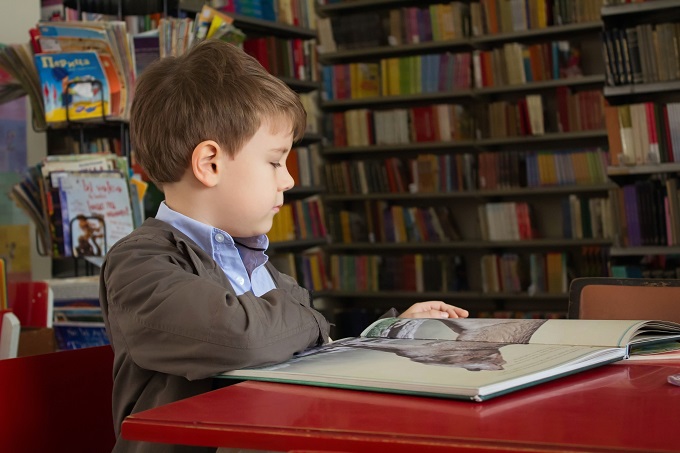
Photo by Anita Jankovic, Unsplash
<figure id="attachment_16782" aria-describedby="caption-attachment-16782" style="width: 1024px" class="wp-caption aligncenter"><img class="size-full wp-image-16782" src="https://www.schoolnews.co.nz/wp-content/uploads/2020/06/1591776824921.jpg" alt="" width="1024" height="576" /><figcaption id="caption-attachment-16782" class="wp-caption-text">Professor Carol Mutch: &#8220;Despite what was going on in their own lives, they fronted up day after day with quiet determination.&#8221; Photo supplied by University of Auckland</figcaption></figure>
<p>Professor Mutch, who has just received a 2020 University Research Excellence Medal, carried out her study in five Canterbury schools throughout the Christchurch earthquakes between 2012 and 2018.</p>
<div class="text section">
<p>Her research shows that rather than being peripheral players, schools functioned as community hubs; with principals as crisis managers, teachers as first responders and children as active citizens.</p>
<p>“As a former teacher and school leader myself, I saw that schools had huge expectations placed on their shoulders in terms of supporting not only their students but their students’ families and the wider community,” she says.</p>
<p>“But despite what was going on in their own lives, they fronted up day after day with quiet determination. No one had ever thought to document their efforts or bring them to wider attention.”</p>
</div>
<div class="pullquotecomponent section">
<div class="pull-quote">
<blockquote>
<p>I hope that because I’ve made my research available in engaging and accessible ways, it has made a difference to students’ and families’ emotional health and well-being in difficult times.</p>
</blockquote>
<p class="quote-author">Her research has since been widened to include disaster-affected schools across the Asia-Pacific region, including post-tsunami Japan, post-earthquake Nepal and post-cyclone Vanuatu. It has also more recently focused on offering useful tools to teachers in Australia in the aftermath of the catastrophic bushfires in January.</p>
</div>
</div>
<div class="text section">
<p>The Canterbury project has attracted international interest and resulted in peer-reviewed publications in top journals, speaking invitations and fellowships.</p>
<p>It sits in a cross-disciplinary position between disaster studies and education, and is informed by fields as diverse as leadership and trauma studies and community development.</p>
<p>Professor Mutch’s research has also informed policy and practice in the area of education and disaster recovery, with her ideas being taken up by teacher organisations, principal training providers and departments of education, both in New Zealand and overseas.</p>
<p>“I hope that because I’ve made my research available in engaging and accessible ways, it has made a difference to students’ and families’ emotional health and well-being in difficult times,” she says.</p>
<h6>Supplied by The University of Auckland</h6>
</div>

EXCLUSIVE: Teachers used to be paid two to three times more than minimum wage workers,…
After an “overwhelming” vote to reject the latest Government offer, secondary school teachers will begin…
Second-language learning should be compulsory, says a new report from a forum bringing together academics,…
A new entitlement aimed to improve access to learning support coordinators for schools with students…
Educators have raised questions about the Ministry of Education’s new secondary school subjects, set to…
Professional learning and development (PLD) for teachers needs to be higher impact for teachers and…
This website uses cookies.